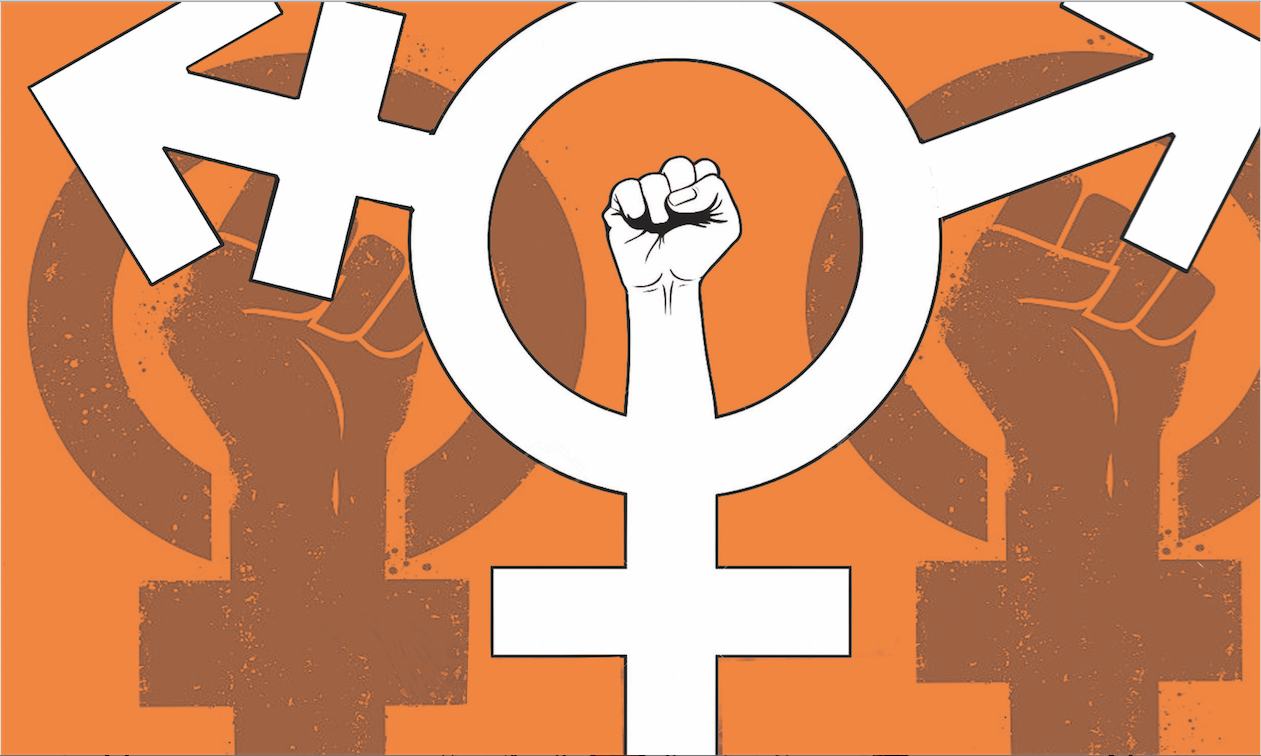
Intersex genital mutilation refers to medically unnecessary surgeries or procedures performed on children born with ambiguous physical sex characteristics, often without their consent.
These interventions are driven by societal pressure to align bodies with conventional definitions of male or female. However, they frequently result in significant and irreversible consequences.
In Kenya, where cultural and social norms hold immense influence, intersex individuals face unique and complex challenges.
A 2018 task force report commissioned by the government estimated that over 700,000 Kenyans are intersex.
Despite this substantial number, many intersex people live in silence, grappling with stigma, discrimination and widespread misunderstanding about their condition.
For children, non-consensual surgeries are often perceived as solutions to “fix” their differences. Yet, these procedures usually lead to emotional trauma, infertility and lifelong health complications.
Globally, the United Nations has condemned IGM as a clear violation of human rights, with advocacy organisations calling for its immediate cessation.
Here in Kenya, strides are being made to promote intersex rights. In 2019, Kenya became the first African country to include “intersex” as a category in its population census, a critical step toward recognising and addressing the needs of intersex individuals.
Despite this milestone, legal and medical protections against IGM remain inadequate. Local intersex activists and organisations, such as the Intersex Persons Society of Kenya and Intersex Kenya Education and Advocacy, are working tirelessly to raise awareness and advocate legislative reforms.
Their efforts have sparked critical national conversations on the need to safeguard intersex children from non-consensual medical interventions and to create an inclusive society that upholds bodily autonomy.
Ending intersex genital mutilation in Kenya requires a collective effort. Parents must be educated about the realities of intersex conditions and encouraged to allow their children to grow up and make informed decisions about their bodies.
The medical community must uphold ethical practices and support intersex individuals without resorting to unnecessary surgeries.
Meanwhile, policymakers must enact robust laws that protect intersex rights and hold violators of those rights accountable.
This issue is far more than a medical debate; it is a matter of human dignity, equality and respect.
Let us come together as Kenyans to build a future where diversity is embraced and where every individual, regardless of their sex characteristics, can live with pride and without fear.
The writer is an Anti-GBV advocate and communications coordinator at International Solidarity Foundation

















